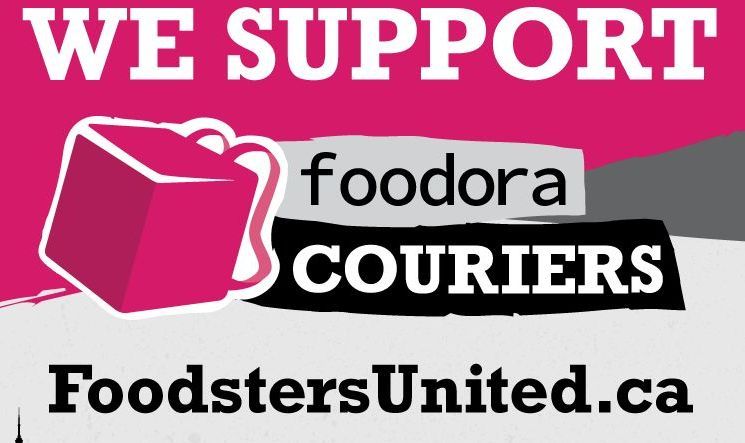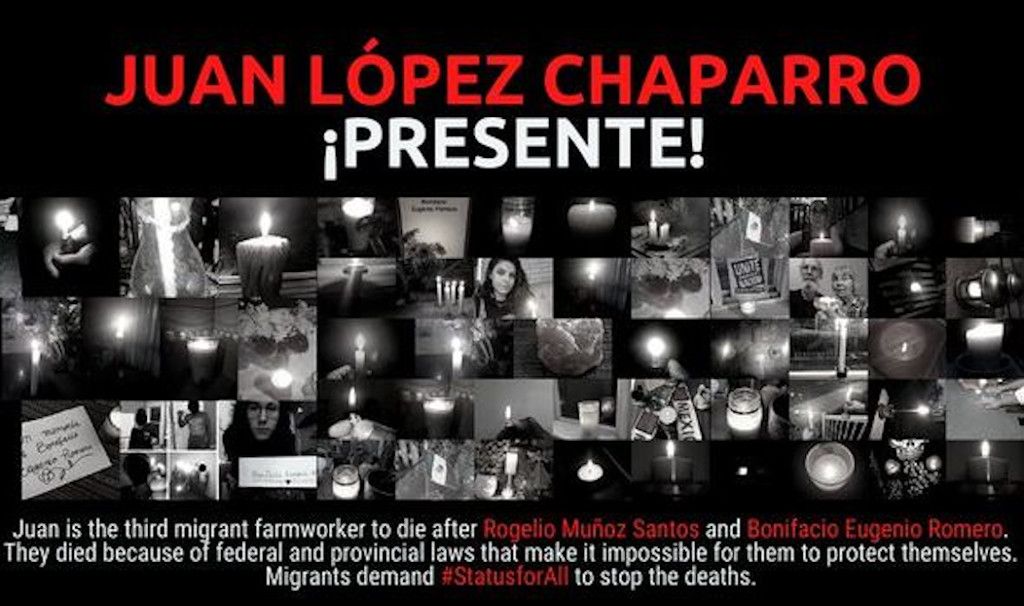Foodora Food delivery company that worked with 3,000 restaurants in 10 cities across Canada has announced the closure of its operations, effective mid-May. Foodora said it was unable to keep operating “without having to continually absorb losses.” It further said that it has not been able to reach a level of profitability in Canada that’s sustainable enough to continue operations. “We’re faced with strong competition in the Canadian market, and operate a business that requires a high volume of transactions to turn a profit,” said Foodora Canada’s managing director. This is interesting given that over the last six weeks, restaurants are more dependent than ever on takeout and delivery thus opening up more and more market share for the likes of Foodora.
Foodora is owned by Berlin-based multinational Delivery Hero SE. The company operates in over 40 countries in Europe, Asia, Latin America and the Middle East and partners with over 500,000 restaurants.
Simply Wall Street, an online site giving advice to investors says “the company’s stock saw a significant share price rise of over 20% in the past couple of months” on the German stock trading platform. It also said that “Delivery Hero’s earnings over the next few years are expected to increase by 66%, … this should lead to more robust cash flows, feeding into a higher share value.” This was confirmed by a Bloomberg report, stating that Delivery Hero’s earnings for this quarter, compared to a year ago, had increased by 92%. It quoted the company as saying it expects to keep winning new customers for the rest of the year as people who are stuck at home are more likely to try its services.
So, excuses about lack of profitability don’t hold up. A more likely explanation is the recent unionization attempts from the workers who had been part of Foodsters United, a local of Canadian Union of Postal Workers (CUPW), which had long been fighting for rights and protections for Foodora couriers and other gig economy workers.
The workers argued that the company was using the independent contractor model to avoid giving workers health and safety supports. Foodsters (the internal name for Foodora workers) wanted fair compensation for the work completed by couriers because it said the pay-per-order model meant that during slow periods workers receive wages lower than minimum wage, while still having to cover costs like gas, phones and vehicle or bike repairs.
In an Ontario Labour Relations Board ruling in February, Foodsters scored a major victory when the Board decided that Foodora couriers were indeed dependent contractors of the food-delivery company because they more closely resemble employees than independent contractors. The writing was on the wall for Foodora as a major hurdle on the road to unionization had been cleared, giving growing numbers of gig economy workers the inspiration to follow suit.
The profit motive, combined with the fear of workers organizing, brought on the decision of Foodora to close in Canada. As Jan Simpson, national President of CUPW said “Couriers have made millions for this company and deserve to be treated with dignity and fairness. In the middle of the COVID-19 pandemic, they are considering numbers over human lives.”
We are left with one company closing down its operations, which is unfortunate for the workers concerned. However, this work is not going to go away, especially in the time of COVID-19. As employment opportunities expand, the workers, old and new, be it in Uber Eats or Skip the Dishes, will need to get organized. They have the potential to change the entire industry, fighting for decent wages, sick leave, vacation pay and guaranteed hours.




